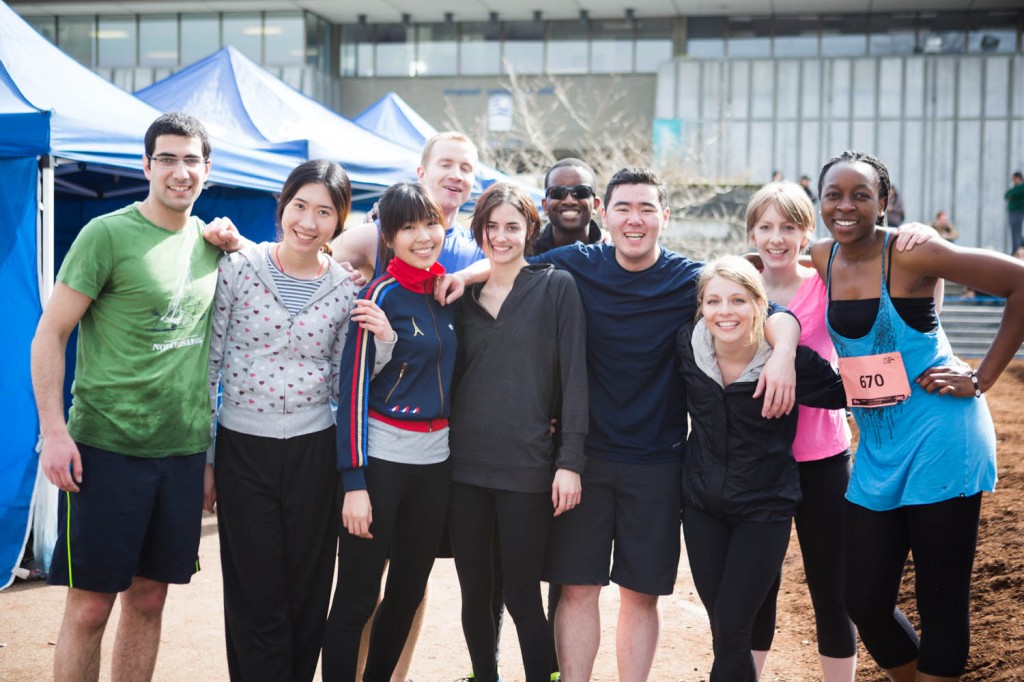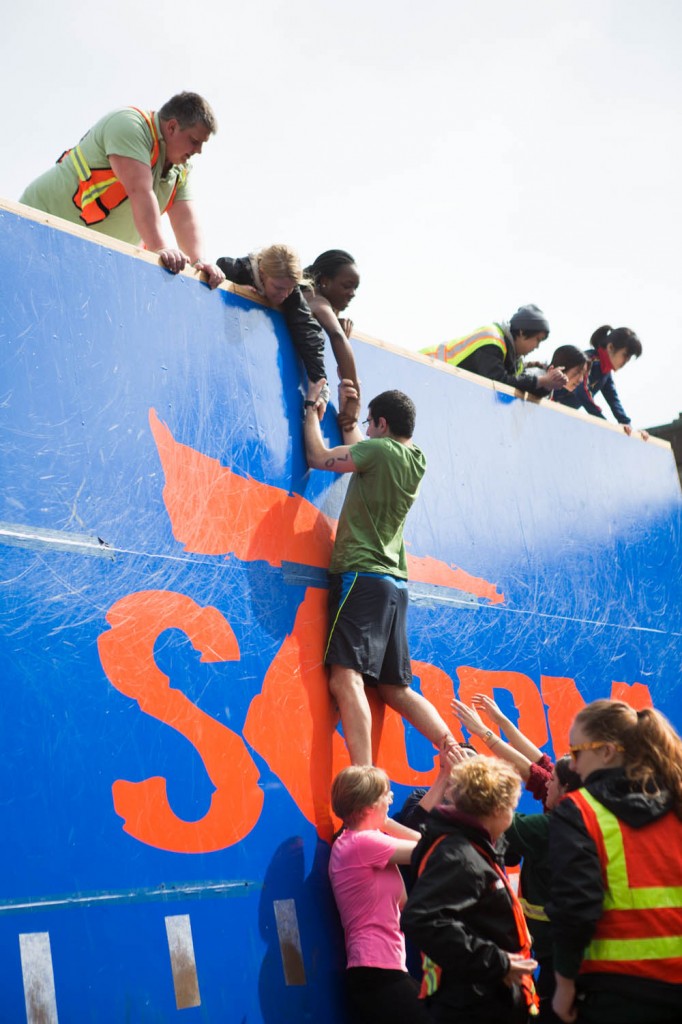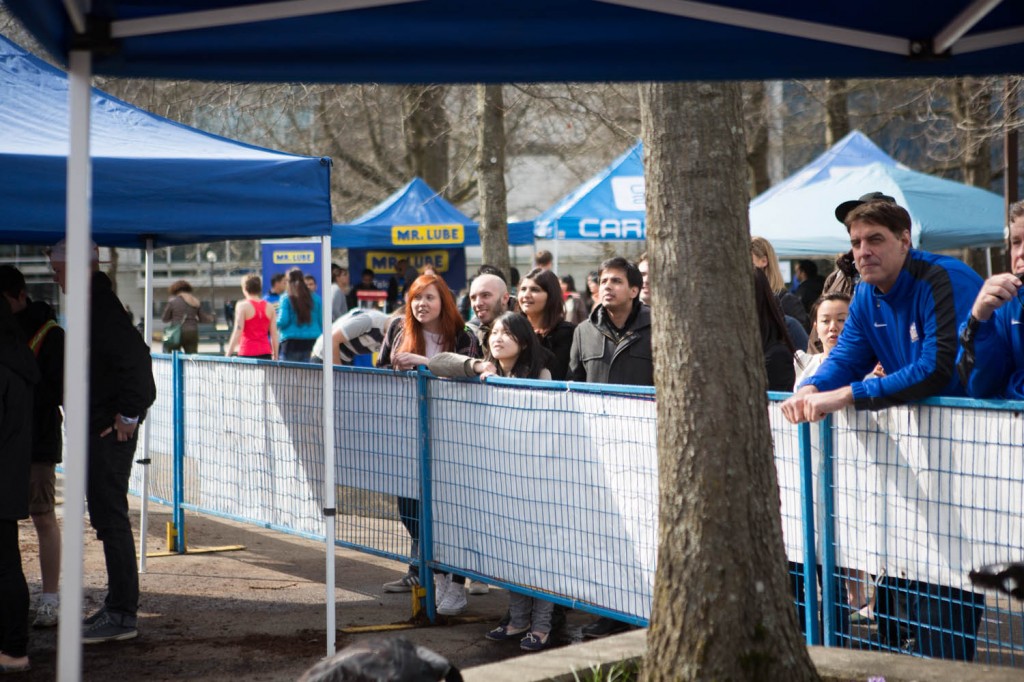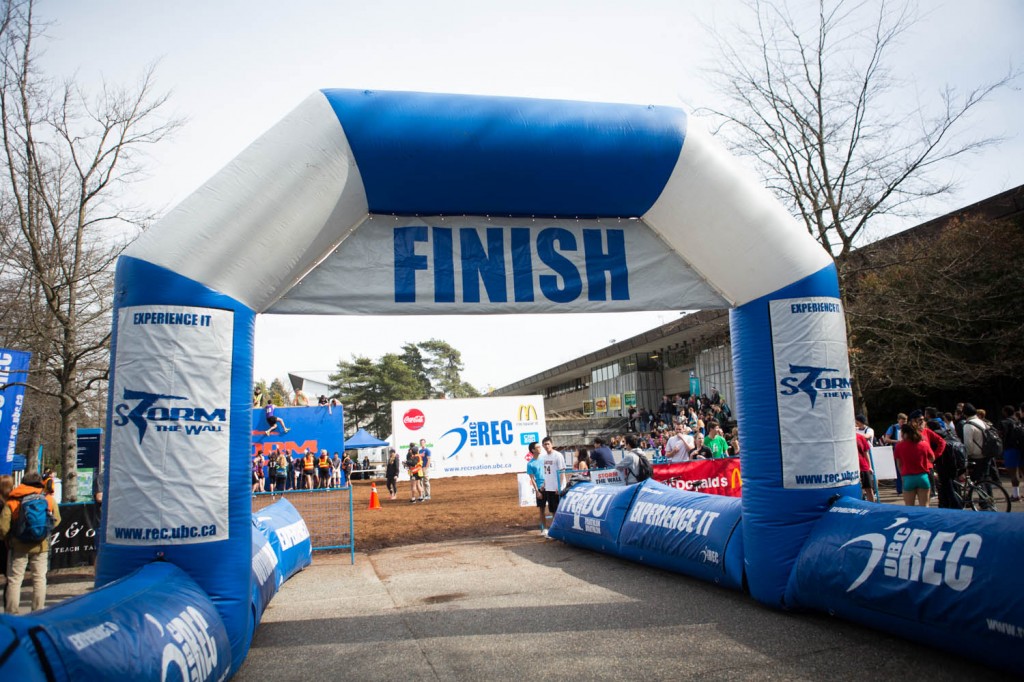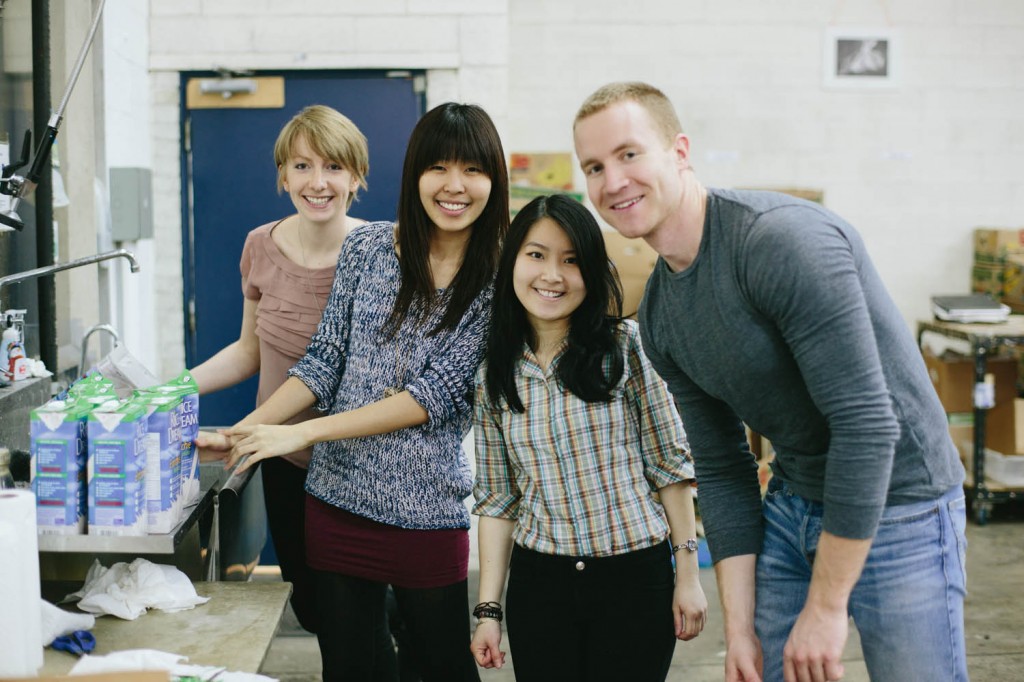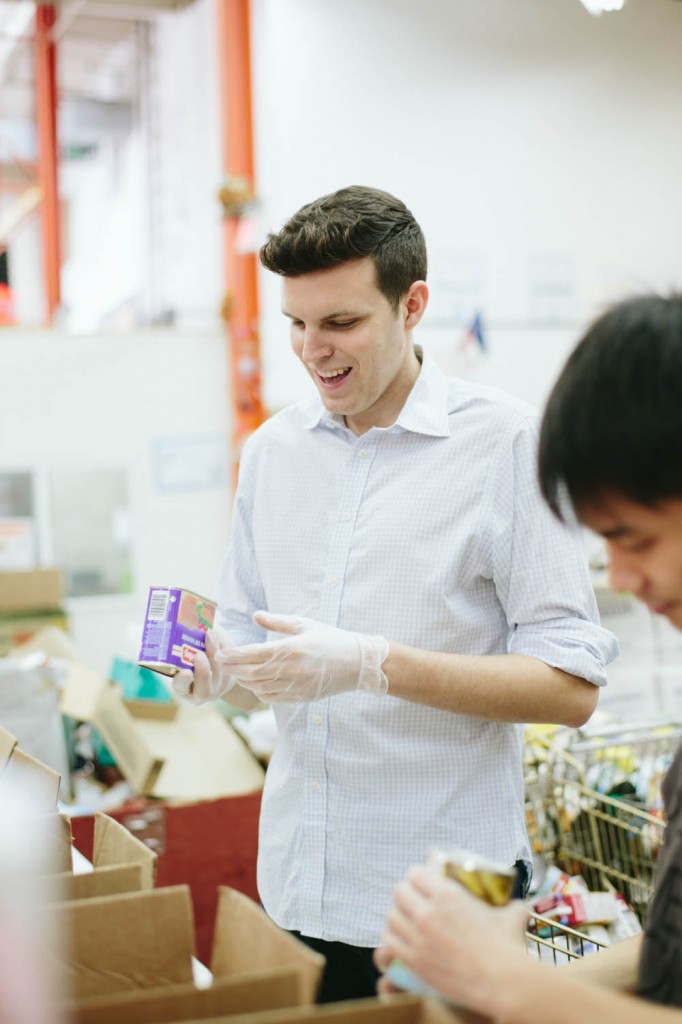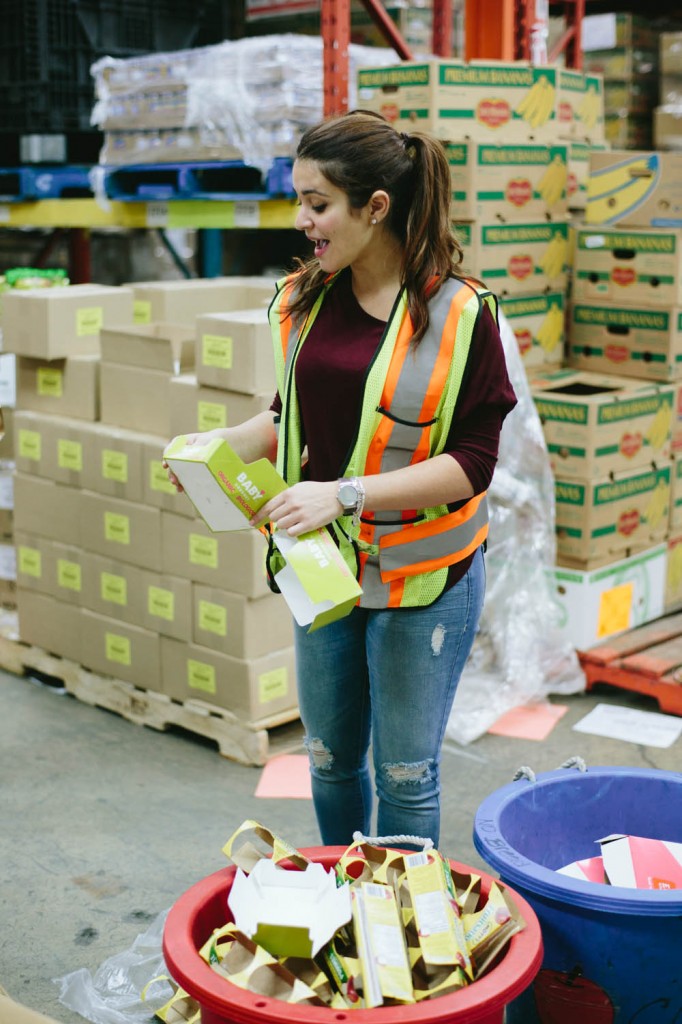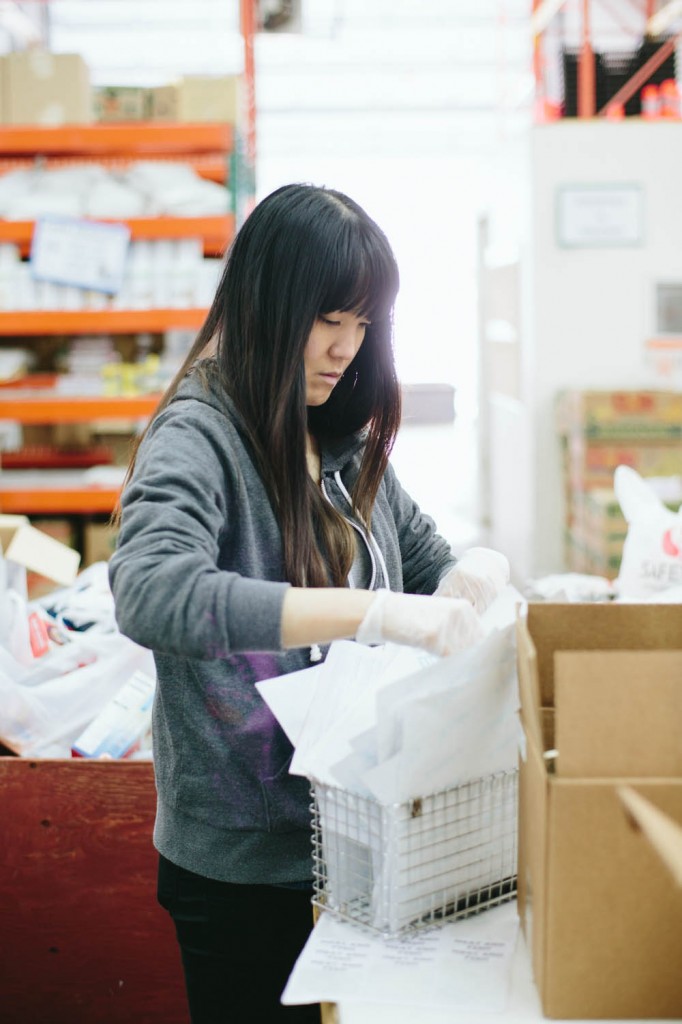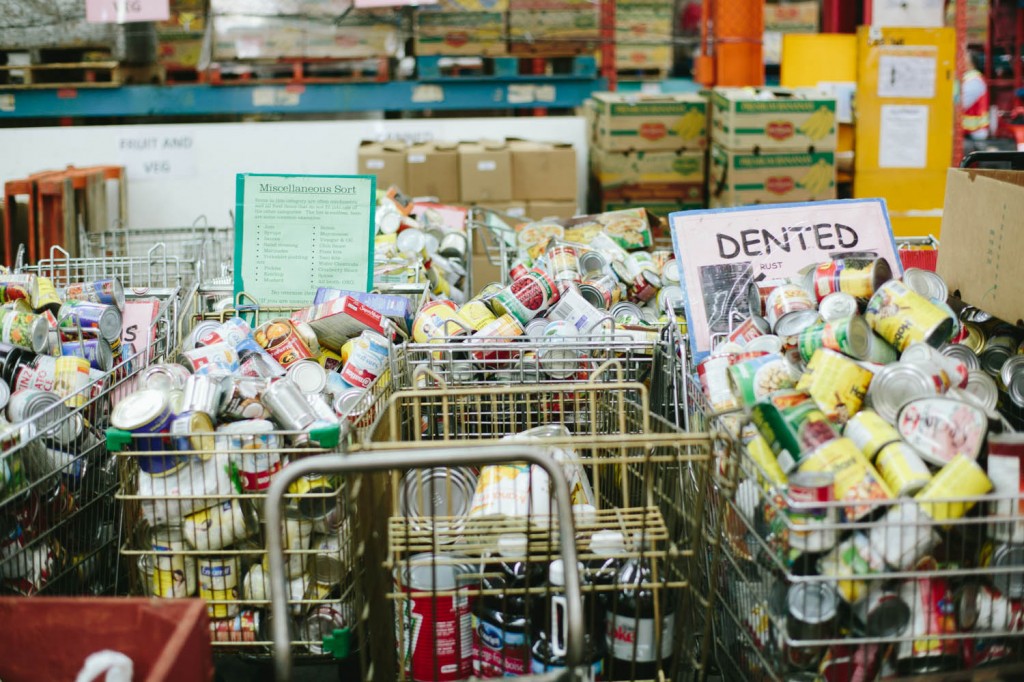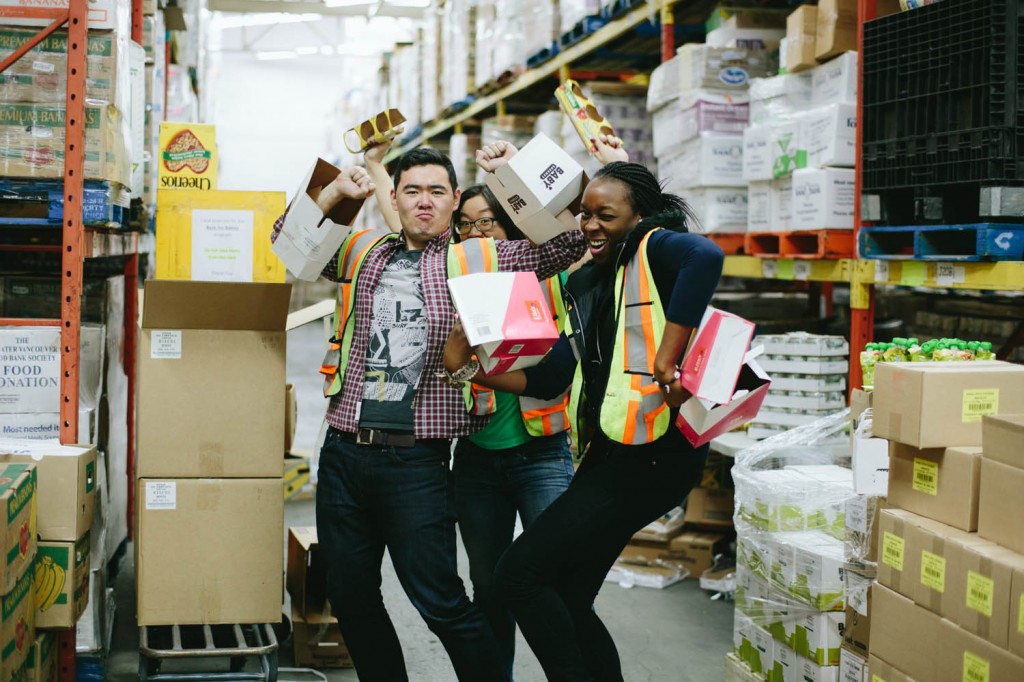Congratulations on choosing to study in the beautiful city of Vancouver! It’s a very clever choice especially if you’re from countries like South Africa, Dubai, India or the south part of China. You don’t have to worry about not being able to survive the winter, like you will have to in most Canadian cities. With its scenic views, mild climate and friendly people, Vancouver is known around the world as one of the best places to live. And you’ll be studying with some pretty awesome people in one of the best and most beautiful universities in the world. However, all these advantages will be too good to be true if you don’t prepare yourself for an intense program like the MM.
So, what can you prepare to make the best out of this program? The first thing and probably the most important thing is to think about your future. Where do you want to be in a year and what steps can you take in the program to get closer to this goal? With these values in mind you’ll be able to use the precious 9-months more effectively.
The next steps may sound easy but absolutely crucial for your study:
- Make practical preparations, such as ensuring that your passport and visa will not expire while you’re in Canada and the information on your documents are accurate. You’ll be in big trouble if you don’t pay proper attention to these details.
- Obtain necessary medical or dental check-ups before you leave for Canada. If you can, prepare enough medication for your period abroad or take a prescription from your doctor. You can’t study well if you aren’t healthy.
- Have a realistic budget. Ensure you bring enough money to Vancouver for initial expenses!
- I would also strongly recommend that all students go through the course outlines before the start of the program. And ensure you sign up for MM Prep! The prep courses will prepare you for the intense and demanding nature of the program.
- Finding a good place to live might be really painful for international students. Luckily UBC has resources for students to search for both on campus and off campus housing. Tips? Be aware of the time difference and the fact that you can’t meet the landlord in person. And never hesitate to ask for additional pictures of the place, or to request for a Skype house tour.
- Be prepared for culture shock upon arrival (especially if you come from an Eastern culture). Don’t be surprised if you don’t know what the heck a “toque” is, and be open to different kinds of food even if you don’t fully understand the menu. Learn about the new culture you’re going to embrace before arrival and pack mementos from home that will comfort you when you’re feeling homesick.
Preparing for your studies is a small part of your experience studying abroad but it’s a lot of work. You’ll also have to deal with all kinds of logistical preparations before arrival like getting a credit card, signing up for a phone number, getting your UBCcard, updating your driver’s license, enrolling in Health Service, extending your study permit, getting a post graduate work permit…I can keep going and write a manual for all the items international students have to deal with.
But don’t worry as you have staff, faculty, alumni and your awesome classmates that will be ready to help. Never hesitate to ask questions, you’ll be surprised by how supportive everyone is.
Emma
 Follow
Follow